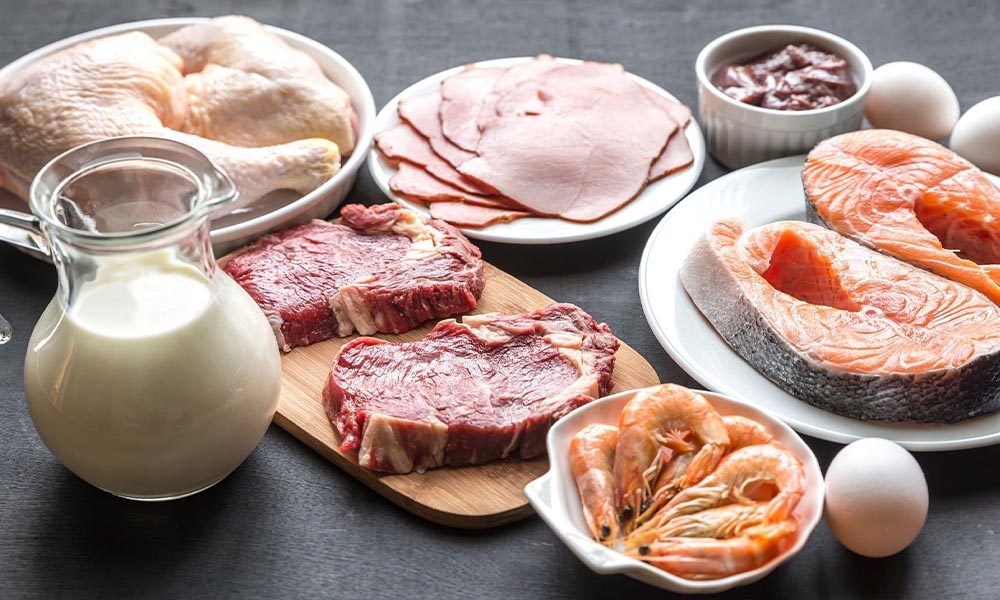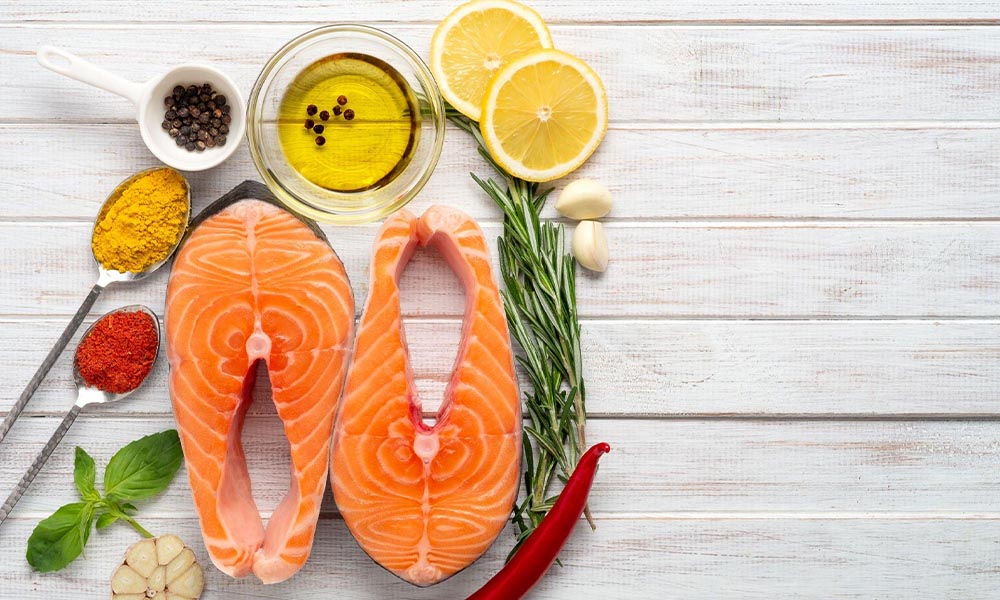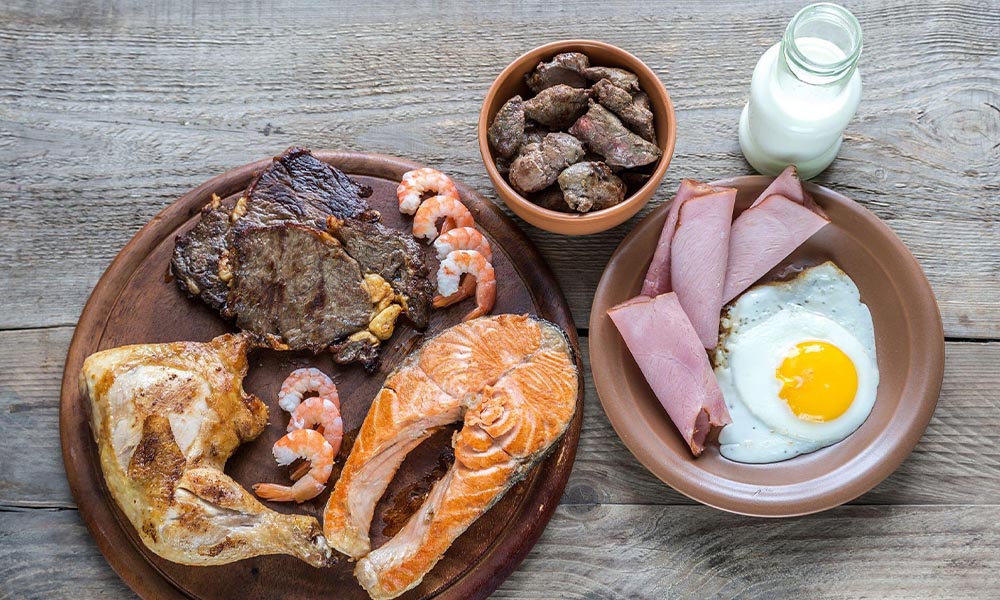When it comes to weight loss, many people are looking for quick results without compromising long-term success. The Dukan Diet, created by French nutritionist Pierre Dukan, promises to deliver rapid weight loss and permanent weight maintenance. This article will provide a comprehensive guide to the Dukan Diet, including its four phases, allowed foods, potential benefits, and drawbacks.
Table of Contents
ToggleUnderstanding the Dukan Diet

The Dukan Diet was developed based on the concept that most individuals who diet eventually regain the weight they lost. The diet aims to redesign eating habits and enable individuals to achieve lasting weight stability through four distinct phases. However, it is important to note that the Dukan Diet is highly restrictive and may not be suitable for everyone.
The Phases of the Dukan Diet
The Dukan Diet consists of four phases, each with its own set of rules and guidelines. These phases are designed to facilitate weight loss, establish new eating behaviors, and promote long-term weight maintenance.
- Attack Phase: The first phase, also known as the “pure protein phase,” is characterized by the consumption of lean protein and limited carbohydrates. This phase typically lasts for two to five days, with the primary goal of inducing a state of ketosis.
- Cruise Phase: During the Cruise phase, individuals alternate between pure protein days and protein-and-vegetable days. This phase allows for the gradual reintroduction of non-starchy vegetables into the diet. The length of the Cruise phase varies depending on weight loss goals, with an estimated weight loss of one pound per week.
- Consolidation Phase: The Consolidation phase focuses on maintaining weight loss and reintroducing additional food groups. This phase includes the gradual reintroduction of fruits, whole-grain bread, cheese, and celebration meals. The length of this phase is determined by the amount of weight lost during previous phases, with a recommended duration of five days for every pound lost.
- Stabilization Phase: The final phase of the Dukan Diet is the Stabilization phase, which aims to maintain weight loss in the long term. No specific foods are off-limits during this phase, but certain guidelines, such as a weekly pure protein day and daily oat bran consumption, must be followed indefinitely.
Approved Foods on the Dukan Diet
The Dukan Diet emphasizes the consumption of lean protein sources and restricts the intake of carbohydrates and fats. Here is a breakdown of the approved foods for each phase:
Attack Phase
- Lean beef, veal, venison, bison, and other game
- Lean pork
- Poultry without skin
- Liver, kidney, and tongue
- Fish and shellfish
- Eggs
- Nonfat dairy products (limited to 32 ounces or 1 kg per day)
- Tofu and tempeh
- Seitan (wheat gluten-based meat substitute)
- Oat bran (1.5 tablespoons per day)
- Artificial sweeteners, shirataki noodles, and diet gelatin in moderation
- Small amounts of lemon juice, pickles, and oil for greasing pans
Cruise Phase
- All approved foods from the Attack phase
- Non-starchy vegetables, including leafy greens, broccoli, cauliflower, bell peppers, mushrooms, onions, and more (specific list provided by the diet)
- Oat bran (2 tablespoons per day)
Consolidation Phase
- All approved foods from the Attack and Cruise phases
- Fruits (limited to one serving per day)
- Whole-grain bread (two slices per day)
- Cheese (1.5 ounces or 40 grams per day)
- Starchy foods (1-2 servings per week)
- Celebration meals (two per week)
- Protein meal day (once per week)
- Oat bran (2.5 tablespoons per day)
Stabilization Phase
- All approved foods from previous phases
- No specific restrictions, but guidelines such as a weekly pure protein day, daily oat bran consumption (3 tablespoons per day), and taking the stairs whenever possible should be followed.
Benefits and Drawbacks of the Dukan Diet
Benefits
- Rapid weight loss: The Dukan Diet’s emphasis on lean protein and limited carbohydrates may lead to quick initial weight loss.
- Structured approach: The diet provides a clear structure and guidelines to follow, which may be appealing to individuals who prefer a strict regimen.
- No calorie counting: Unlike some diets, the Dukan Diet does not require calorie counting, as it focuses on whole, one-ingredient foods.
Drawbacks
- Nutrient deficiencies: The restrictive nature of the Dukan Diet, especially in the early phases, may lead to potential nutrient deficiencies, particularly in vitamins, minerals, and fiber.
- Limited food choices: The diet restricts the variety of foods allowed, which may lead to boredom and difficulty adhering to the plan long term.
- Potential health concerns: Rapid weight loss and the elimination of entire food groups may have health implications, especially for individuals with certain medical conditions or nutrient requirements.
Is the Dukan Diet Right for You?

Before starting any diet or weight loss program, it is essential to consult with a healthcare professional, particularly if you have underlying health conditions or specific dietary needs. While the Dukan Diet may offer short-term weight loss benefits, it is not suitable for everyone.
Individuals with diabetes or those who struggle with blood sugar management should approach the Dukan Diet with caution, as the elimination of carbohydrates and potential fluctuations in blood sugar levels may pose risks.
Furthermore, the Dukan Diet’s strict nature and limited food choices may not be sustainable for everyone, leading to potential weight regain once the diet is no longer followed.
Frequently Asked Questions
What is the Dukan Diet, and how does it work?
The Dukan Diet is a weight loss program that focuses on high-protein, low-carbohydrate intake. It consists of four phases: Attack, Cruise, Consolidation, and Stabilization, each with specific rules and food guidelines. The diet’s primary mechanism is to induce rapid weight loss by promoting a state of ketosis and then gradually transitioning to long-term maintenance.
What foods are allowed on the Dukan Diet?
In the Attack and Cruise phases, you can eat lean proteins such as chicken, fish, lean beef, and tofu. Vegetables are allowed in the Cruise phase. The Consolidation and Stabilization phases introduce more food variety, including fruits, whole grains, and occasional indulgences.
How long does each phase of the Dukan Diet last?
The duration of each phase varies depending on your weight loss goals. The Attack phase typically lasts 1-7 days, the Cruise phase can last until you reach your target weight, the Consolidation phase follows a specific formula based on the weight lost, and the Stabilization phase is meant to be lifelong.
What are the potential benefits of the Dukan Diet?
The Dukan Diet may lead to rapid weight loss and improved insulin sensitivity. It’s designed to help maintain muscle mass while losing fat and provides a structured plan for long-term weight maintenance.
Are there any potential drawbacks or risks associated with the Dukan Diet?
Some potential drawbacks include potential nutrient deficiencies due to limited food choices in the initial phases, constipation, and a risk of rebound weight gain if not followed correctly. It’s important to consult a healthcare professional before starting any restrictive diet.
Is exercise recommended on the Dukan Diet?
Yes, incorporating regular physical activity is encouraged for overall health and weight management. Exercise can complement the diet by enhancing calorie burning and promoting muscle retention.
Can I follow the Dukan Diet if I have dietary restrictions or allergies?
It may be challenging for individuals with specific dietary restrictions or allergies to follow the Dukan Diet, as it relies heavily on animal-based proteins and eliminates many carbohydrates. It’s essential to adapt the diet to your individual needs or consult a registered dietitian for guidance.
How can I maintain my weight after completing the Dukan Diet?
The Stabilization phase provides guidelines for lifelong weight maintenance, including a weekly “protein-only” day and a commitment to regular physical activity. The key is to maintain the habits learned during the diet’s earlier phases.
Can the Dukan Diet be customized to fit vegetarian or vegan preferences?
Adapting the Dukan Diet for vegetarian or vegan preferences may be challenging, but it’s possible by selecting plant-based protein sources like tofu, tempeh, and seitan. Consultation with a dietitian can help create a customized plan.
Is the Dukan Diet suitable for everyone?
The Dukan Diet may not be suitable for individuals with certain medical conditions or those who require a more balanced macronutrient intake. Consultation with a healthcare professional is essential before starting any diet, especially if you have underlying health concerns.
Conclusion
The Dukan Diet is a weight loss program that promises rapid results and long-term weight maintenance. By following its four distinct phases and adhering to specific food guidelines, individuals may experience initial weight loss. However, it is crucial to consider the potential drawbacks and consult with a healthcare professional before embarking on this or any other diet. Long-term success lies in finding a sustainable eating plan that supports overall health and well-being.


